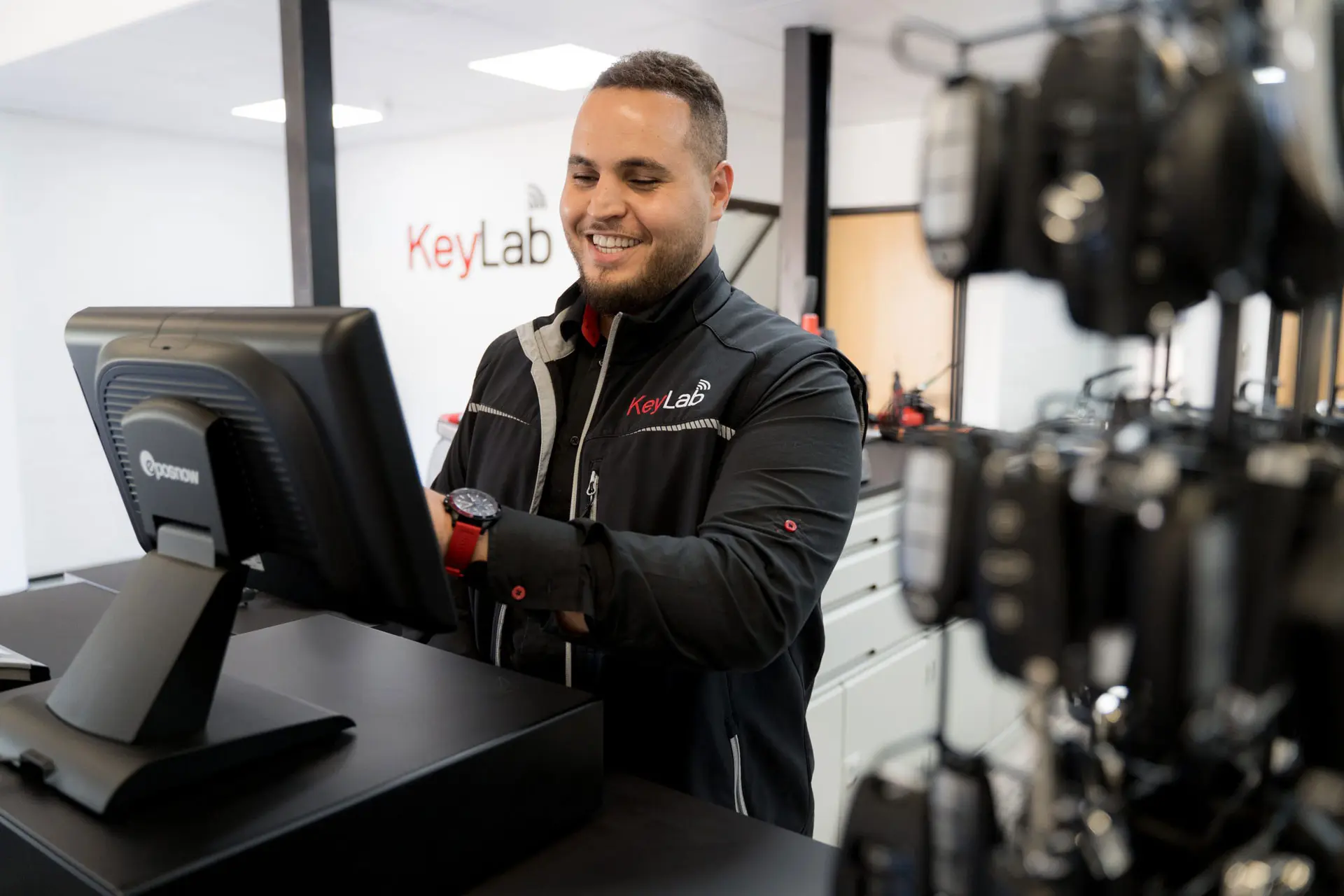
22
JulyYou'll Never Guess This Emergency Car Key Repair's Tricks
Emergency Car Key Repair: A Comprehensive Guide
Car keys are an important part of vehicle ownership, and their unexpected breakdown can cause considerable inconvenience. Whether lost, broken, or damaged, knowing how to manage emergency car key repair is important for any vehicle owner. This detailed guide checks out various elements of car key repair and replacement, attending to common problems, potential solutions, and the value of expert services.
Understanding Car Keys
Modern car keys been available in various types, each featuring unique technologies and performances. The primary types include:
- Traditional Mechanical Keys: The easiest form, these keys operate through a mechanical locking mechanism.
- Transponder Keys: Equipped with a chip that interacts with the car's ignition system for enhanced security.
- Key Fobs: Remote gain access to systems that frequently include keyless entry features.
- Smart Keys: Advanced systems that allow for keyless ignition and entry, typically discovered in more recent lorries.
Typical Issues with Car Keys
In emergency situations, comprehending the cause of car key breakdown can help determine the best approach for repair. Some regularly experienced problems consist of:
- Key Breakage: Often takes place due to use and tear or extreme pressure when inserting or turning the key.
- Lost Keys: Misplacement or loss of keys can leave a vehicle owner stranded.
- Dead Key Fob Battery: A typical concern with remote keys, resulting in failure in keyless entry or ignition.
- Transponder Key Malfunction: If the chip in the key is harmed, the vehicle may not acknowledge the key.
- Lock Cylinder Issues: Problems with the ignition or door lock cylinders can avoid the key from turning effectively.
Do It Yourself Emergency Car Key Repairs
Before availing expert services, certain circumstances may allow for DIY repairs. Nevertheless, these methods depend on the concern at hand. Below are some methods:
1. Broken Key Repair
Products Needed: Super glue, a pair of pliers, and damp wipes.
Actions:
- Carefully line up the two pieces of the broken key.
- Use a percentage of incredibly glue to the break and hold the key together for a couple of minutes.
- Wrap the key with tape to offer additional support while the glue dries.
- If the key breaks again, consider getting a duplicate made.
2. Dead Key Fob Battery Replacement
Products Needed: New battery (usually CR2032), small flat-head screwdriver.
Steps:
- Open the key fob using the screwdriver.
- Eliminate the old battery carefully.
- Change it with a brand-new battery, ensuring the positive (+) side faces the proper direction.
- Close the fob and test the functions.
3. Lock Cylinder Issues
If your key won't turn in the lock, it may be due to particles or problems with the cylinder itself.
Materials Needed: Lubricant spray, an old toothbrush or cloth.
Actions:
- Spray a small amount of lube into the lock cylinder.
- Use a fabric or old toothbrush to clear any particles or dirt.
- Try to turn the key carefully.
When to Seek Professional Help
While lots of concerns might be resolved through DIY approaches, some problems need the expertise of an expert locksmith or car dealership. The following situations normally warrant expert intervention:

- Severe Damage: If the key is substantially harmed or broken, changing it might be essential.
- Transponder Key Issues: Expert reprogramming might be needed if the key fails to interact with the vehicle.
- Key Duplication: For complex key types, a locksmith guarantees precise duplication or replacement.
Benefits of Choosing Professional Services
- Competence: Professionals have the needed training and experience to deal with various types of keys.
- Time Savings: Instead of experimentation, experts can resolve concerns efficiently.
- Access to Technology: Locksmiths can reprogram transponder keys and key fobs that require customized devices.
Comparison Table: DIY vs. Professional Services
| Aspect | DIY Solutions | Specialist Services |
|---|---|---|
| Cost | Low (very little tools) | Higher (service costs) |
| Skill Required | Fundamental | Advanced |
| Time Efficiency | Variable | Quick |
| Repair Capabilities | Limited to minor problems | Vast array of repairs |
| Tool Accessibility | Basic tools | Specialized devices |
Frequently Asked Questions (FAQs)
1. Can I get a car key made without the initial?
Yes, a locksmith can frequently create a duplicate key utilizing the vehicle's VIN (Vehicle Identification Number).
2. How long does it require to replace a car key?
The time needed depends on the key type and the intricacy of the locksmith's work. Basic keys may take a few minutes, while electronic key fobs may take longer.
3. Will my car warranty cover key replacement?
Generally, car warranties do not cover key replacement. Nevertheless, it's finest to contact your dealer concerning coverage specifics.
4. Is it safe to buy car keys online?
Buying car keys online can be risky; it's important to guarantee that the supplier is trustworthy. Lots of keys need programming that can just be done by specialists.
5. What should I do if my key gets stuck in the ignition?
If your key is stuck, prevent forcing it out. Instead, switch off the vehicle, guarantee the gear remains in 'Park,' and gently wiggle the key. If it doesn't come out, look for expert support.
Handling emergency car key repairs can be challenging, however comprehending the types of keys, common problems, and repair choices can alleviate the tension. While DIY approaches can be effective for minor repairs, knowing when to call a professional can conserve time, frustration, and ultimately, money. By being proactive and notified, vehicle owners can guarantee they are well-prepared for any car key emergency situations.


Reviews